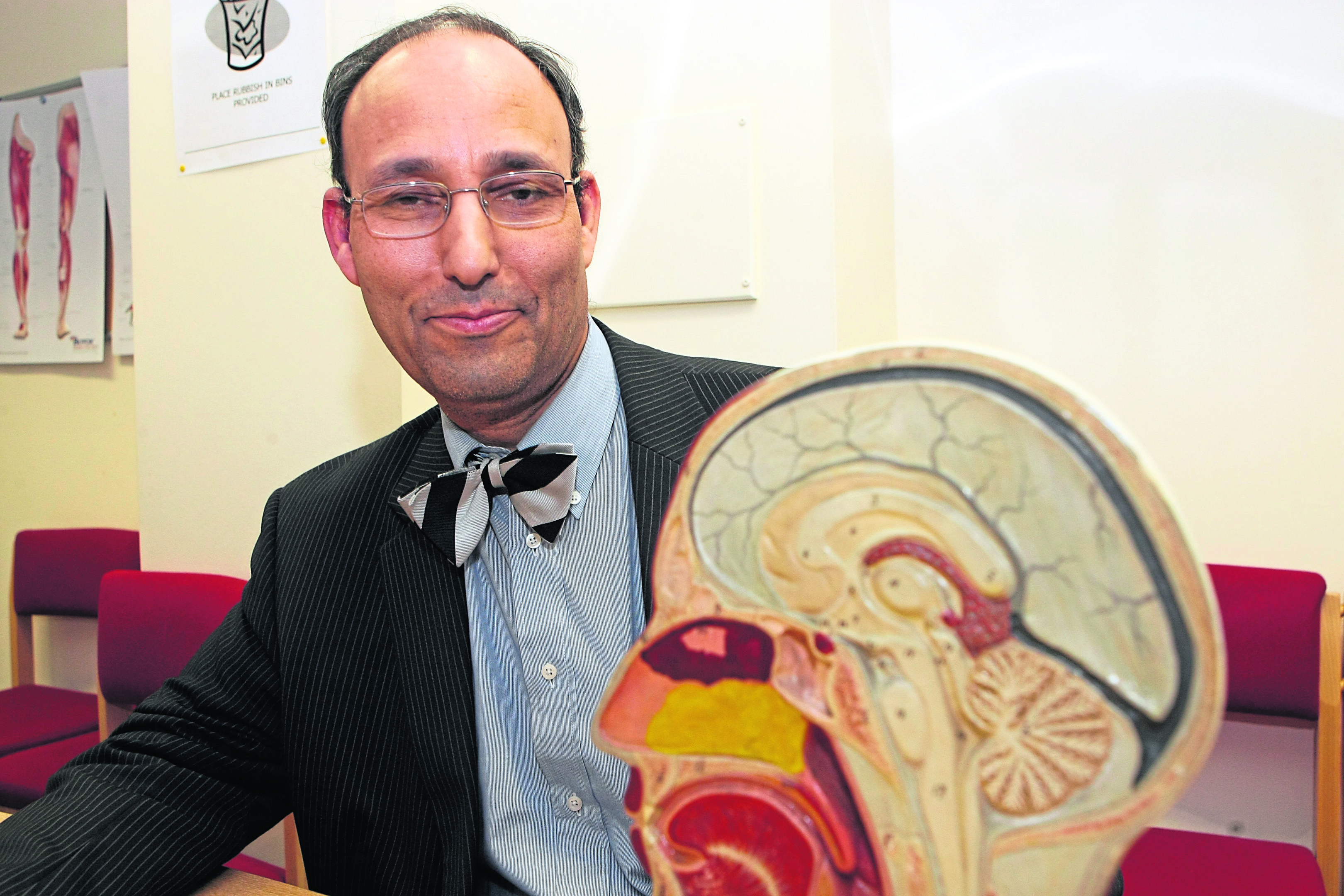After she died, this person I loved, her house changed instantly. I associated it with warmth, but when we gathered there, it felt cold.
The sitting room, once so alive with her presence, seemed instantly drab, like it needed painted. The furniture remained yet the place felt empty, as if nothing existed anymore without her. In that room, there was only stillness and her absence. She died too soon. It was hard to believe.
I thought of her when I saw pictures of 13-year-old Martha, the teenager who fell off her bike causing pancreatic injury, but who died needlessly of sepsis in hospital. She is now at the heart of a move to implement “Martha’s rule” in England, giving patients the right to a second medical opinion. Perhaps I thought of her because she and Martha both had similar eyes: luminous eyes, so alive with life and laughter that it is almost impossible to believe that person is now dead.
The story of Martha Mills, whose doctors failed to get her to ICU, struck fear in the hearts of parents everywhere. Her father, Paul, described vividly the visceral sense of absence that follows bereavement. “Every single moment you spend in the house is different,” he said. “Her absence is impossible to ignore. There’s a different feeling about the world, a different feeling about our lives, a different feeling about our home.”
There is something so shocking about the needlessness of Martha’s death that it holds you trapped inside the human tragedy, the pain of her parents reflecting on the incomprehensible cruelty of life. But this is not just about human tragedy. It’s about human error and human arrogance, and it needs close examination.
My daughter Martha died needlessly in hospital – we believe this change would have saved her | Merope Mills https://t.co/jkKwBOetZ6
— paul laity (@paullaity) September 4, 2023
Relating this situation to our own lives, our own experiences and loved ones, forces a recognition that this is not about “somebody else”, as Martha’s mum Merope Mills, a senior Guardian journalist, admitted such tragedies once appeared to her. Look at Martha and think of someone you love. Make it personal, because this could happen in any of our families.
Fixable things are causing serious damage
The NHS is, as everyone knows, in crisis, but Martha highlights one of the biggest obstacles to change: hierarchical culture. There are big, seemingly insurmountable problems: funding, staffing, waiting lists. But there are also fixable things causing serious damage. Martha proves that.
The case of rogue Tayside surgeon, Sam Eljamel, who caused devastation after botching dozens of operations, proves it too. Doctors are not gods. They can’t be expected to “save” everyone. They are human and they make mistakes, and it doesn’t help to expect them to be invincible. But, equally, they can’t get away with behaving like supreme deities that nobody dare challenge.
Our essential gratitude for the NHS prevents us talking openly about this. Almost every one of us has reason to be thankful to the NHS for the extraordinary dedication and skill of at least one doctor. But almost all of us have had the opposite experience, too: the fight to be heard, to be listened to, to get answers.
Merope knew Martha ticked every box for ICU, but doctors dismissed her. A patronising duty consultant ruled that on no account should ICU staff visit Martha because it would only increase her parents’ “needless” anxiety. Down the corridor was a renowned expert in sepsis who was never consulted.
NHS culture needs to change
Most of us know the frustration of that “swallow and accept” feeling. The fear that your loved one will get even worse treatment if you complain. The feeling of being up against organisational self-protection that sees every complaint as a direct challenge to authority, and every complainer as a pain in the neck.
Maybe if the organisation recognised the love that propels those challenges, looked instead at the substance of complaints without automatically dismissing them, both the complainer and the issue would be seen in a different light. In this case, Martha would be alive.
When Martha’s parents asked a very senior consultant who treated her what he would now do differently, he replied: ‘Nothing’
The past is an island you can’t return to. You can only wistfully recall what it felt like to be there and watch the sun set on it from a distance. But Martha shouldn’t BE her parents’ past. She should be their present and their future. The family home should be marked by her presence, not her absence.
“I look back at pictures,” says her mother, “and it’s like this life exists, this perfect life that you can’t get back to. And part of you can’t quite understand how. Even now it feels unbelievable to us… We feel like we let her down by trusting the doctors.”
A coroner’s inquest said Martha should have survived her injuries. A judgment, you might think, that would cause doctors who treated her to self-reflect and learn important lessons. But when Martha’s parents asked a very senior consultant who treated her what he would now do differently, he replied: “Nothing”.
That answer encapsulates why NHS culture needs to change, and why it is so imperative that Martha’s rule be implemented speedily, across the UK. Her family deserve that respect. And so do yours.
Catherine Deveney is an award-winning investigative journalist, novelist and television presenter

